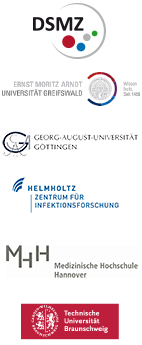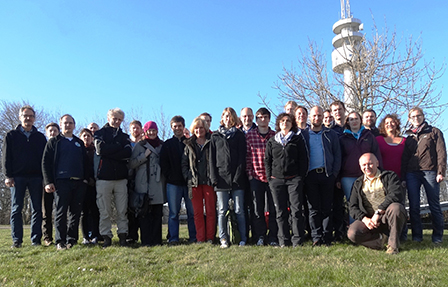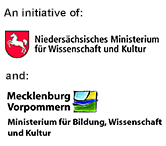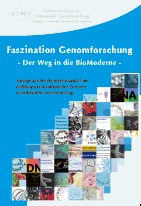NZMG - Norddeutsches Zentrum für Mikrobielle Genomforschung

BEFmate / Joint project supported by state of lower saxony |
|
NZMG-Partner from ICBM Oldenburg and Göttingen University |

BEFmate addresses biodiversity ecosystem function relationships across marine and terrestrial ecosystems employing meta-analyses, syntheses, ecological modeling and empirical experiments.
The current rate of change in biodiversity is orders of magnitudes higher than in the fossil record reflecting human domination and alteration of the Earth’s ecosystems. The aim of reducing the rate of global biodiversity loss as part of the Convention on Biological Diversity (CBD) has not been achieved, due in large part to the major pressures on biodiversity still increasing. Consequently, research on biodiversity-ecosystem function (BEF) relationships has become a major facet of ecology in just two decades and, more recently, of evolutionary biology as well.Over the last decade BEF experiments have unraveled positive, negative or idiosyncratic patterns for different communities and species groups. While these approaches provided detailed predictions how changes in species richness may affect the functioning of specific ecosystems, a more general understanding of BEF relationships and why they differ across communities and ecosystems remained elusive. This illustrates an urgent need to synthesize BEF research with ecological theory that generalizes patterns and processes. Substantial theoretical progress was achieved over the last decades in the understanding of the stoichiometric, allometric (i.e., body size), food-web and spatial structure of species communities. These independent bodies of theory provide an unprecedented mechanistic understanding how species differ according to these general traits, but systematic synthesizes with BEF models and experiments is still lacking.

BEFmate Kick-Off meeting in March 2014
In the framework of the BEFmate consortium, our group addresses Work Package C2d - Microbial colonization, species composition and interactions. Microorganisms are key to ecosystem processes in both marine and terrestrial realms. They drive decomposition and mineralization processes, but these processes differ markedly in marine and terrestrial ecosystems. However, little is known on how ecosystem processes are modified by changes in the composition of microbial communities. Generally, the composition of microbial communities is assumed to be controlled by abiotic factors such as pH and oxygen availability. However, at least at small spatial scales microbial community composition is strongly affected by local factors such as predator-prey and other biogenic interactions. Furthermore, microbial community structure on surfaces (biofilms) heavily relies on the sequence of colonization by individual taxa. Very little is known to what extent stochastic vs. deterministic processes predominate in structural microbial communities in non-equilibrum systems and systems in transition from marine to terrestrial realms. WP C2d aims at investigating these processes by adopting state-of-the-art technologies for analyzing the structure and functioning of microbial systems.
BEFmate co-ordinators are Prof. Dr. Helmut Hillebrand (University of Oldenburg) und Prof. Dr. Ulrich Brose (University of Göttingen).More Information: → Project website



